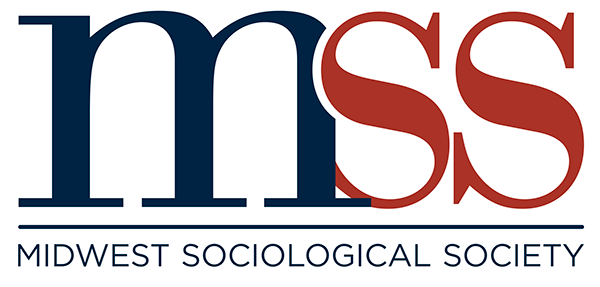- Home
- Join/Renew
- MSS Community
- Annual Meeting
- Publications/Awards
- Students
- About Us


Valerie Francisco-Menchavez, PhD is an award-winning scholar-activist, researcher, writer and educator whose academic and political work calls attention to the experiences of Filipina migrants in care work industries and their indelible abilities to form solidarities and organize with one another. Her academic writing critically interrogates systems of capitalism that produce the conditions for historic and continued labor migration from the Philippines. Dr. Francisco’s body of work aims to recognize the multifaceted experiences of migration and transnationalism for people in the Filipina/x/o diaspora exploring their communities of care, political activism, conditions of low-wage domestic work, and intergenerational dialogue. Her development of innovative methods such as kuwentuhan explores Filipino cultural and linguistic practices as valid ways of knowing and navigation. Her academic work has been published in journals such as Critical Sociology, The Philippine Sociological Review, Alon: Journal of Filipinx Studies, and mainstream media outlets such as VICE, NPR, and SF Chronicle. Her first book entitled, The Labor of Care: Filipina Migrants and Transnational Families in the Digital Age(University of Illinois Press, 2018), explores the dynamics of gender and technology of care work and intimacy in Filipino transnational families in the Philippines and the U.S. Through an examination of neoliberal immigration policies and market forces, Francisco contextualizes the shifts in the long-standing transnational family formation in the Philippines. The Labor of Care won an Honorable Mention in the 2020 Association for Asian American Studies Book Award competition for Outstanding Achievement in the Social Sciences. Dr. Francisco’s second book project, Caring for Caregivers: Filipina Migrant Workers and Community Building during Crisis (2024), is the inaugural book in the University of Washington Press, Critical Filipinx Studies Series. A transformative look at the lives of Filipina care workers and their mutual aid practices, Dr. Francisco centers the perspectives of Filipino caregivers in the San Francisco Bay Area from 2013 to 2021, illuminating their transnational experiences and their strategies and practices to help each other navigate the crumbling US healthcare system. Dr. Francisco is Professor in the Department of Sociology and Sexuality Studies at San Francisco State University. She received her PhD from the Department of Sociology at City University of New York, The Graduate Center in 2012. In the past, she has served as Assistant Dean of Restorative and Transformative Racial Justice in the College of Health and Social Sciences at SF State from 2022-2024. She was a Fulbright scholar to Cebu, Philippines in 2022. She was awarded the 2020 Early Career Award by the Association of Asian American Studies.
Tracie Canada's information is on it's way! Please check back to learn more. |

